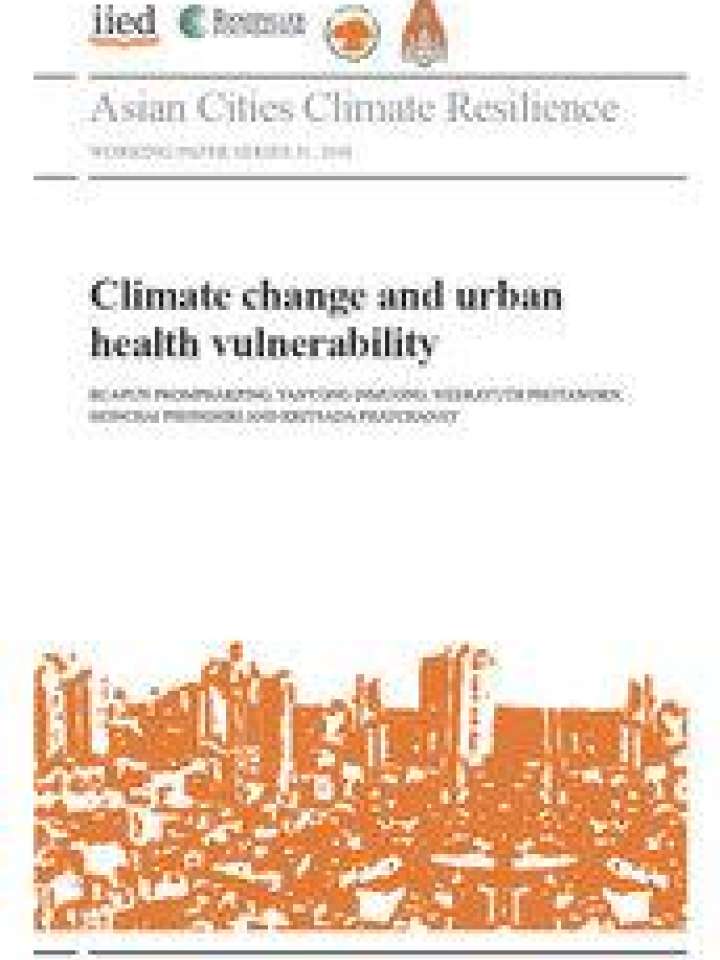Climate change and urban health vulnerability
This study examines the climate change and urban health vulnerability of suburban Pralab, Khon Kaen City, in the northeast of Thailand. One of the principal findings of the paper is that the urbanisation of Khon Kaen has led to profound physical and socio-economic changes in Pralab, leading for instance to longer periods of flooding and negative effects on public health.
The publication offers the following recommendations to cope with the impacts of climate change:
- Improvements in waste management, both during and after floods; in particular mobile latrines must be adequately provided during floods.
- Better cooperation between local governments in managing disasters; preparedness plans must be put in place before future events, including planning for relief facilities.
- In respect to public health, a preliminary database and inventory of vulnerable groups must be prepared, and training in handling disasters, in the form of both knowledge and practice, must be provided.
- Community capacity building to cope with disasters, for example training for village health volunteers in managing disasters, must be supported.
- Infrastructure, both social and physical, must be improved. This includes improvement of drainage systems, installation of filtration systems, enforcement of law in land management and the fostering of social networks.
Explore further
